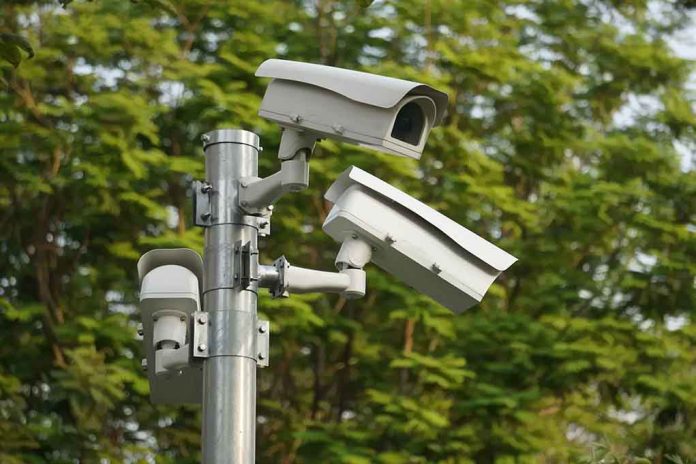
(BrightPress.org) – Despite the controversy over the Foreign Intelligence Surveillance Act and its Section 702, Congress is considering an expansion.
The 3,000-page National Defense Authorization Act of 2024 (NDAA) bill included a FISA surveillance expansion provision. The controversial Section 702 allows the U.S. government to conduct surveillance on foreign nationals outside the U.S. without a warrant if they consider the person a potential threat to national security, even if the communication involves an American citizen. Privacy advocates have raised concerns that federal law enforcement could use the databases to target American citizens. While Section 702 was supposed to expire on December 31st, the NDAA bill extended the program for four months.
Utah Sen. Mike Lee called the proposed bill a “wolf in sheep’s clothing.”
The NDAA, which included the extension of Section 702, passed in the House with a 310 to 118 vote on December 14th. The NDAA authorizes military spending, including ships, ammunition, and aircraft purchases.
A FISA “reform” bill unanimously approved by the Intelligence Committee will be considered by the House when it returns from the Christmas and New Year’s break in 2024.
Former Justice Department lawyer Marc Zwillinger has issued a public warning about the proposed House Intelligence bill and its expansion of the definition of “electronic communication service providers” covered under FISA. It would expand FISA compliance obligations to “business landlords, shared workspaces” and “hotels where guests connect to the Internet.”
The bill would expand FISA to include any repairman who works on such equipment.
Places such as libraries, hotels, coffee shops, and other places offering wifi could be part of the expansion, according to former Justice Department lawyer Elizabeth Goitein.
Another proposal from House Judiciary Committee Chairman and Ohio Rep. Jim Jordan called the Protect Liberty and End Warrantless Surveillance Act would reauthorize Section 702 but require a warrant from a federal judge for the FBI to access the records of American citizens.
Copyright 2023, BrightPress.org
















